Most likely your business has a written policy and procedures manual that covers employee guidelines, personnel procedures, and company rules. But does it have a “Sales Playbook” that covers specific sales training, guidelines, forms, and procedures for your sales team? If not, your sales team could be missing out on valuable skills and information that can lead to more earned commissions and higher store profits.
A comprehensive policy and procedures manual clarifies employee expectations about your business policies and communicates corporate standards of action and behavior. The manual can also protect your company from possible legal action and exposure to employee fraud. The Sales Playbook takes this manual one step further to ensure that the level of customer service translates not only to immediate sales but more importantly to brand loyalty, helping your customers become champions for your brand.
Every business that has sales personnel needs a Sales Playbook to clearly detail selling techniques, company policies, and regulations that inform procedure. This is especially true of independently owned businesses where the sales staff creates a very close relationship with the client. Ensuring that the same steps are followed every time and that the customer receives impeccable service is what will make the difference between having a satisfied customer and a loyal customer.
To help you get started on a Sales Playbook manual for your business, here are a few topics that should be included.
Position descriptions
Outline the role of each sales employee and his or her purpose and function on the team. This must include a statement of his or her level of responsibility and authority for decision-making. This should also include an organizational chart for easy reference.
Personnel policies
Give details of your policies on employment, working hours, remuneration, vacation, sick leave, and retirement. Cover areas like entitlement to bonuses or salary increases so that employees know exactly what they have to do to reach certain levels and have a good starting point for setting personal sales goals.
Customer Interaction Policies
Include every detail of the sales process. Small things like a standard greeting sometimes have the biggest impact when it comes to selling. Make sure that all behavioral aspects of selling are covered thoroughly as well, including word tracks for helping with decision-making, skills for effective listening, and procedures to properly close a sale.
Nurturing Accounts Policies
What are we doing to nurture our large accounts? When do we follow up with a customer? How do we follow up after a sale? How do we ensure that the customer is receiving the top level of service each time they interact with us? These policies help clearly define these steps to meet our clients’ high expectations.
Individual Calendar of Events for Each Salesperson
This tool should include a list of customers, contacts, follow-ups, and appointments. This is a measurable tool that helps each salesperson maximize his or her time daily and clearly focus on target clients.
Many other subjects can be covered in your Sales Playbook. Start with the most basic areas outlined above and add others that you determine are needed. Be aware that changes will be needed to keep your manual up to date.
Regardless of the size of your business, the policy and sales playbook are essential management tools. It is an expression of the owner’s wishes as to how that business should be run and a source of advice on how things should be done. It tells everybody where he or she fits into the overall structure and to whom he or she goes for decisions.


